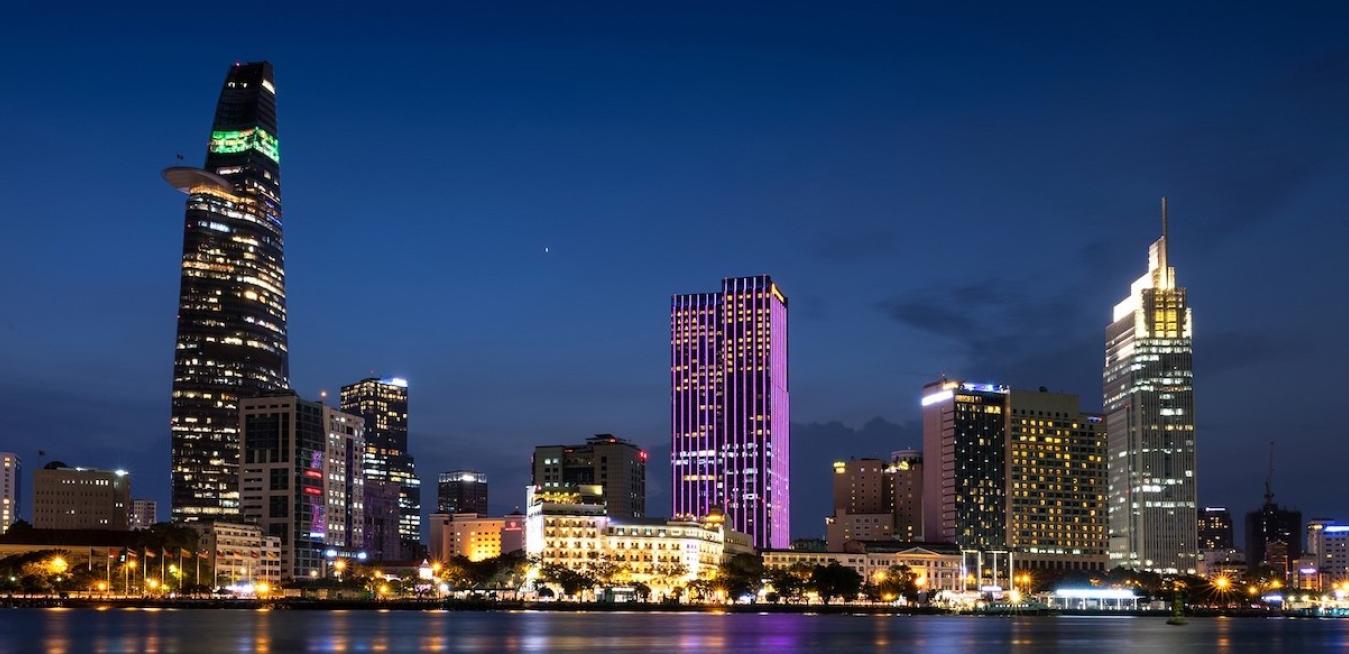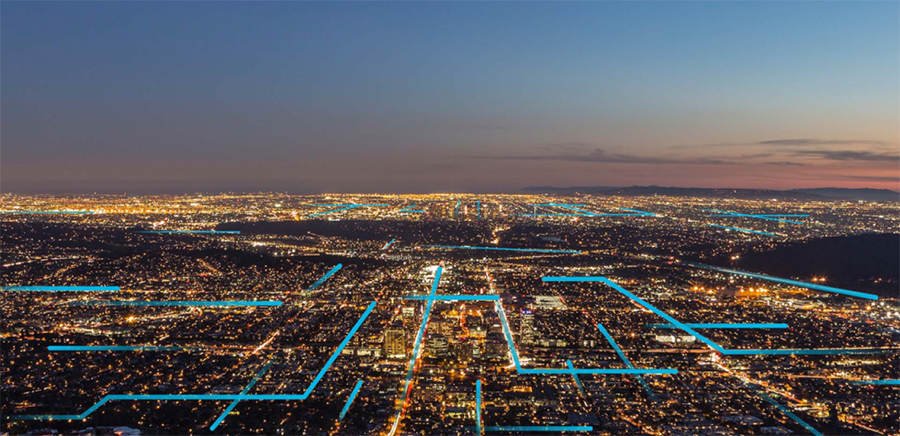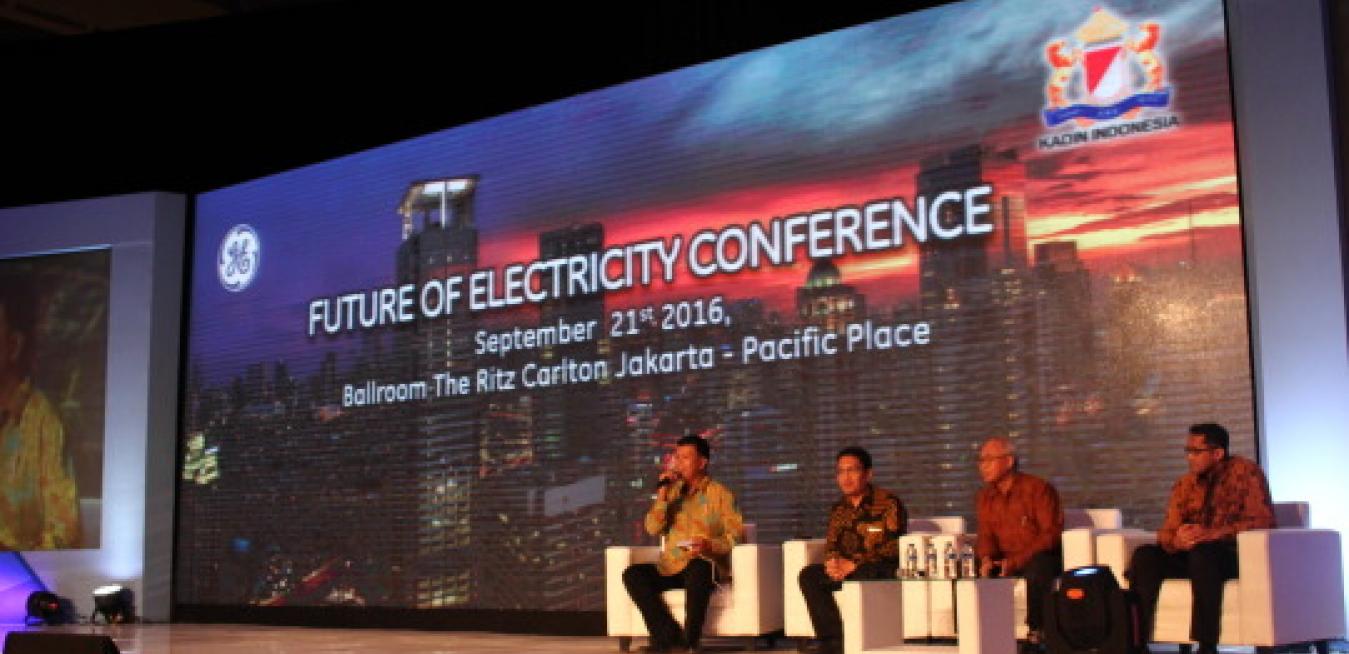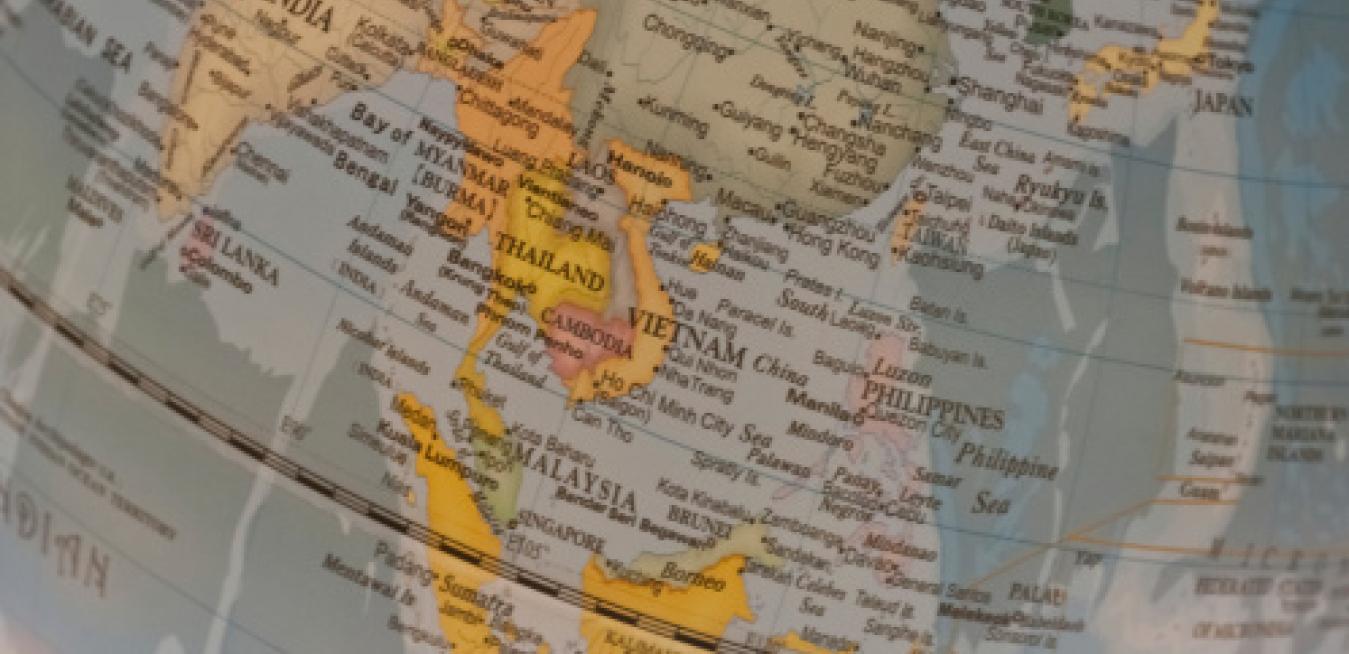A dragon fruit farmer in Vietnam. A truck driver in Australia. A kelp fisherman in Norway. Three hardworking people plying sometimes challenging trades in different corners of the world. What links them is a changing climate that is forcing nations to reckon with how to keep the lights on while cutting carbon emissions.
Like many emerging economies, Bangladesh and Vietnam share a thirst for electricity. Powered by rapid economic growth, the former expects demand for electricity to jump 250% by 2040, while the latter will see more than a doubling of its demand in a decade, increases that dwarf the typical annual changes in advanced economies like the U.S. Both countries share something else in common: Despite being small contributors to worldwide greenhouse gas emissions, each nation sees climate change as a threat to its population and prosperity.
The global energy ecosystem is changing. That is an ecosystem where collectively the world spends over US$6 trillion annually. That amounts to roughly 6% of global GDP.
GE Reports ASEAN has produced a multi-part article series that highlights the key discussions of the conference, some covering breakthrough technologies that will make power generation and distribution more efficient, and accessible, and more importantly, potential solutions enabling Indonesia to accelerate development of its energy sector.
We live in a beautiful time. It is a time where cooperation will be rewarded, where man and machine can work as one to deliver a better world. This is not science fiction. This is our brilliant future.
The relationship between mind and machine is at a crucial juncture. Machines are becoming more and more powerful, their capabilities for learning and adaptation truly wonderful. At GE, we call this simply - brilliant.
South East Asia countries map on a globe
The Trans-Pacific Partnership Agreement (TPPA) has been ten years in development and is so shrouded in the tightly wound cogs of national secrecy that it’s acquired an almost legendary aura of mystery.
The deal took a major step forward this week with the signing of a TPPA agreement in Atlanta, USA. But with the full terms yet to be revealed, what do we really know about the TPPA? And what does it mean for ASEAN?
What is it?










